Upgrading Capacities for Integrated Water Resources Management


Content
The aim of the project is to enhance technical and human capacities to support evidence-based decision-making in integrated water management in Slovenia. By monitoring the chemical and isotopic composition of the water cycle within part of the ARSO national observation network, we will improve the understanding of water cycle dynamics and develop guidelines for the future implementation of systematic isotopic monitoring within the national water monitoring system.
In Slovenia, systematic monitoring of the isotopic composition of water molecule within the water cycle is not yet conducted, with research being limited to time-bound projects. Isotopic analyses are generally not required by legislation, with the exception of water concessions for the use of thermal waters since 2015. The national monitoring of surface and groundwater quality and quantity is carried out by the Slovenian Environment Agency (ARSO), but it does not include isotopes. Data on precipitation has been organized by the Jožef Stefan Institute (IJS) into the ""Slovenian Network of Isotopes in Precipitation (SLONIP)"" and the interactive research platform https://slonip.ijs.si/, which lacks legal foundation and stable funding. The goal is to upgrade this platform in the future into the Slovenian Water Isotope Portal (SIWIP), providing isotopic information for the entire water cycle (e.g., in precipitation, snow, surface and groundwater, tap water, and bottled water). The proposed project is the first step towards this goal, as it will systematically connect researchers and provide guidelines for the appropriate national collection of isotopic datasets in the future.
The project includes training of experts through scholarships, courses, scientific visits, and expert missions, as well as organizing an initial and a concluding workshop, and the procurement of equipment. The main planned equipment includes an ion chromatograph for determining the chemical composition of water, which will be provided to the Jožef Stefan Institute (IJS), and a laser analyser for isotopic composition of oxygen and hydrogen in water molecules, which will be provided to the Geological Survey of Slovenia (GeoZS). The project objectives are:
- train at least 15 experts,
- analyse at least 200 samples for the isotopic composition of water molecules,
- analyse at least 100 samples for the chemical composition of water,
- analyse at least 14 groundwater samples to determine retention time using the tritium-helium dating method,
- develop guidelines and recommendations for the systematic implementation of isotopic monitoring.
The upgrade of research infrastructure will enhance the understanding of processes within the existing national monitoring network and pilot areas, primarily focusing on regions with higher drought risk in karst areas, transboundary aquifers in the Karavanke mountains, areas at risk of over-extraction of groundwater, and areas at risk of poor water quality due to agricultural activities in alluvial valleys. The results will support the planning of measures to maintain or improve water quality despite changes in water recharge due to climate change or other anthropogenic factors.
The first national workshop with 39 participants was organized on October 2nd, 2024 at GeoZS. The importance of good management of water resources was highlighted also by the Ambassador of the Permanent Representation to the UN, OSCE and other international organizations in Vienna and the Special Envoy for Water Diplomacy of the Ministry of Foreign and European Affairs.
Budget of the project sums to 322,904.00 EUR of which 5% co-financing is guaranteed by the ARIS programme groups P1-0020 Groundwaters and Geochemistry and P1-0143 Cycling of substances in the environment, mass balances, modelling of environmental processes and risk assessment.
